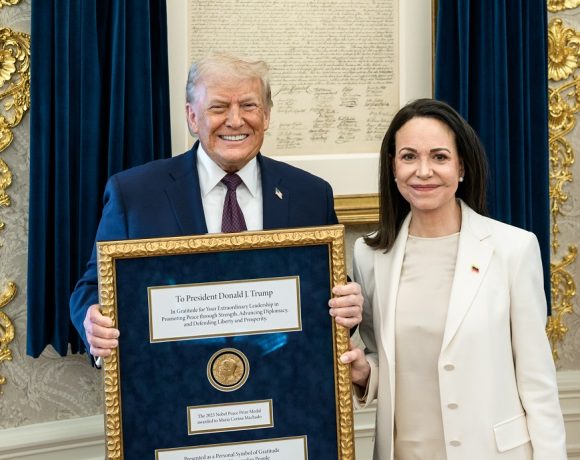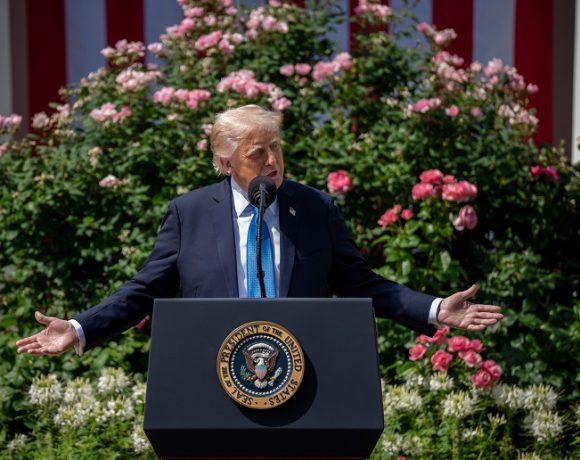
Trump Launches $5M “Gold Card” Visa Website
US President Donald Trump has introduced a controversial new immigration proposal—dubbed the Gold Card—offering fast-tracked US residency and a pathway to citizenship for foreigners willing to invest $5 million. The program has launched with an official waitlist website, trumpcard.gov, targeting high-net-worth individuals globally.
What Is the Gold Card Visa?
The Gold Card is pitched as a premium, elite-tier visa—an upgrade to the existing EB-5 investor visa. Unlike the EB-5, which mandates job creation and stricter regulatory oversight, the Gold Card promises simplified access to residency, fewer bureaucratic hurdles, and a direct path to naturalization. Trump described it as “somewhat like a green card, but at a higher level of sophistication”, highlighting its aspirational appeal with a card design bearing his image.
The proposal suggests it could attract over a million global applicants, creating potential revenues in the trillions, which Trump has claimed could help reduce US national debt. The card is also positioned as a signal of prestige, aligning with Trump’s branding strategy of exclusivity.
How to Apply for the Gold Card
Interested individuals can now pre-register at trumpcard.gov, where the site collects basic applicant information such as name, email, region, and investment intent (individual or business entity). This initial registration adds users to a waitlist, and full processing will commence once operational frameworks are confirmed.
The eligibility covers applicants from all continents—North America, Asia, Europe, Africa, and Oceania—with no formal cap yet declared on total issuance.
Legal Questions and Tax Confusion
Despite the public launch, the Gold Card program raises serious legal and constitutional concerns. Since immigration is primarily regulated by Congress, critics argue that a unilateral executive action may not stand legal scrutiny unless passed through legislative backing. Additionally, the promise that Gold Card holders won’t pay tax on non-US income is ambiguous and could contradict existing Internal Revenue Service (IRS) rules.
Trump’s team, however, maintains that regulatory flexibility can be achieved through executive memorandums or commerce-linked legislation. Yet, experts believe the courts may eventually decide the fate of the Gold Card.
Market Reaction and Public Reception
Initial reactions have been mixed. While business circles in Dubai, Singapore, and parts of Europe have shown interest, many in the US political and legal community remain skeptical. Critics have labeled the program “green card for the rich,” questioning its ethical implications and economic necessity.
Some also point out that the current EB-5 visa already offers a similar route for under $1 million, making the Gold Card seem more about optics than structural reform. Still, with global mobility on the rise post-pandemic, a segment of ultra-wealthy individuals may find appeal in the Trump-branded pathway to America.


















